Podcast: Play in new window | Download (Duration: 27:57 — 19.2MB) | Embed
Subscribe: Apple Podcasts | Spotify | Amazon Music | Android | Pandora | iHeartRadio | JioSaavn | Podchaser | Gaana | Podcast Index | Email | TuneIn | Deezer | Anghami | RSS | More

“The Life of St. Benedict pt 3”
We continue our conversation on the life of St. Benedict by using the biography penned by St. Gregory the Great. In this episode St. Benedict where he becomes free through detachment and becomes a light to others. The moment in St. Benedict’s life is a great paradox. The one who outwardly looks like the beast, inwardly reveals the saint.
From the Life of Our Most Holy Father St. Benedict by St. Gregory the Great:
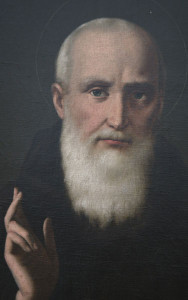
CHAPTER I.
About the same time certain shepherds found him hid in a cave; who, at the first, spying him among the bushes, clothed in the skins of beasts, took him for some wild beast, but afterwards knowing him to be a servant of God, many of them were converted from their savage life to virtue. By this means his name began to be famous in the country, and many did resort unto him, bringing with them necessaries for his body, while they received from his lips the food of life.
Father Mauritius Wilde, OSB, Ph.D., did his philosophical, theological, and doctoral studies in Europe. He is the author of several books and directs retreats regularly. He serves as Prior at Sant’Anselmo in Rome. For more information about the ministry of the Missionary Benedictines of Christ the King Priory in Schuyler, Ne

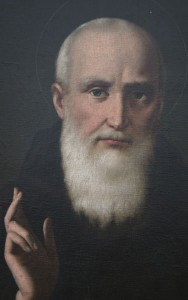
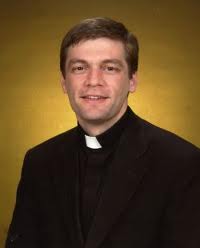

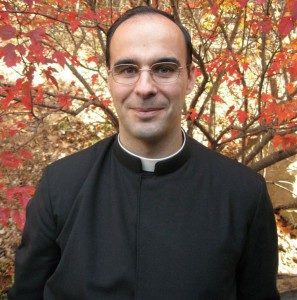
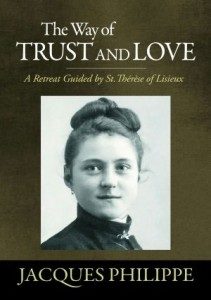
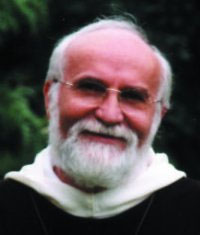
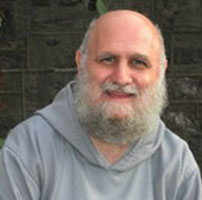
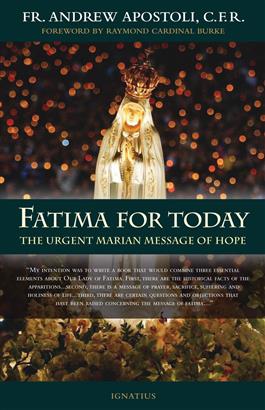

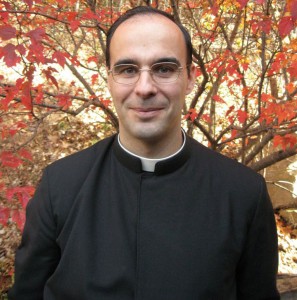
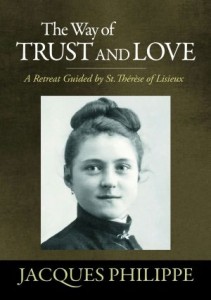
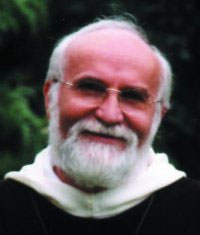
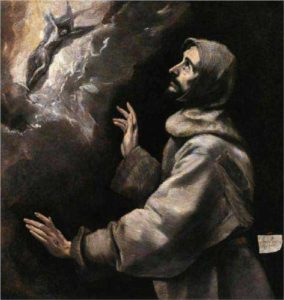 Resources:
Resources: